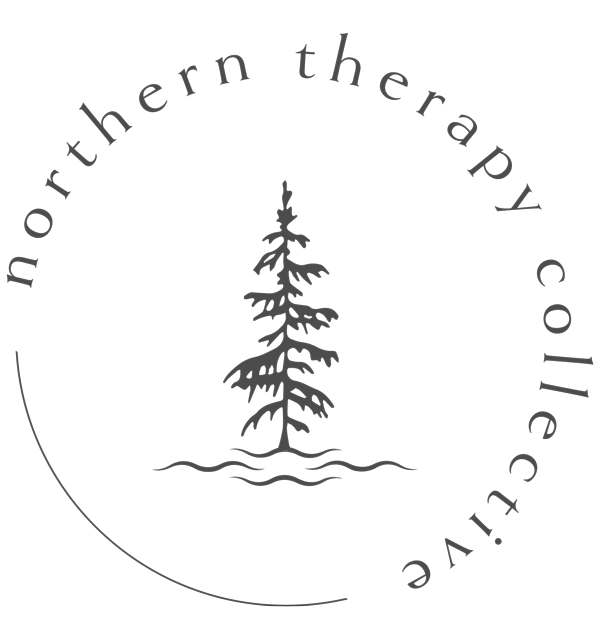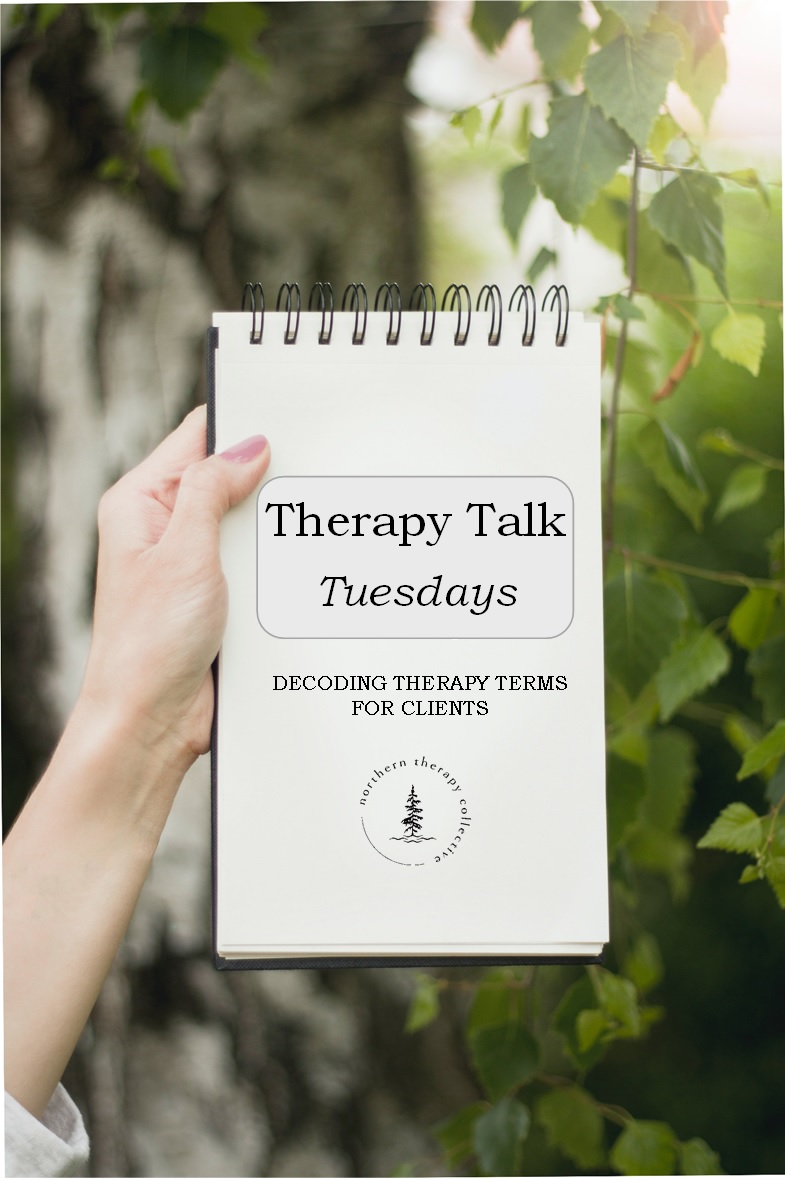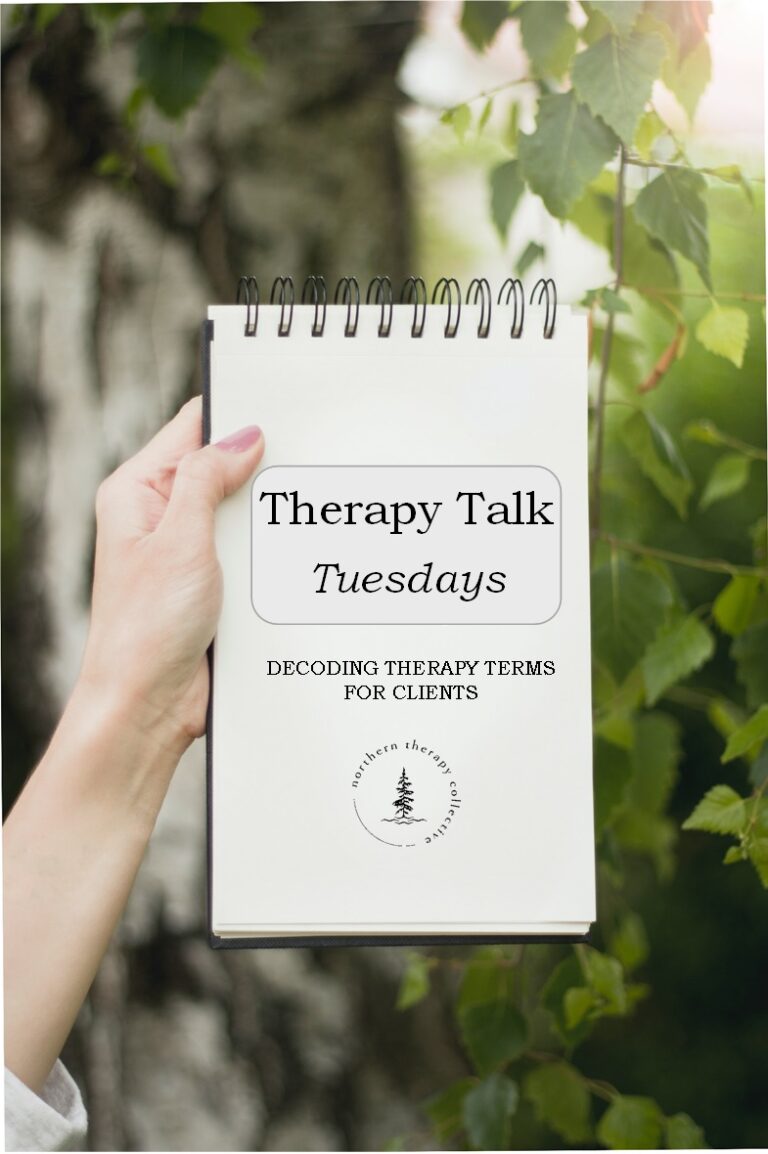THERAPY TALK: Triggers (and Weaponizing Therapy)
How many of you have heard a friend or loved one use this term in the context of mental health? Or perhaps you’ve used it yourself?
- Trigger Warning!
- “That’s a trigger for me”
- “This show/person/topic is majorly triggering”
The word “trigger” has become quite common – not just in the realm of mental health – but throughout popular culture in general, and is now used to describe a great many things.

Back in the day, the term “trigger” was most commonly associated with specific symptoms in the context of specific mental health disorders. For instance, a war veteran suffering from Post-Traumatic Stress Disorder (PTSD) might experience loud booms – such as fireworks or a car backfiring – as “triggers” for PTSD symptoms such as flashbacks or intrusive memories. Likewise, someone who suffers from contamination-based OCD may experience dirty washrooms or messy countertops as “triggers” for intrusive thoughts about germs or contracting a deadly illness.
Nowadays, the word “trigger” tends to be applied a little more broadly to describe any stimulus (person, place, item, sound, etc.) that provokes an uncomfortable thought, feeling, physical sensation, or behavioral urge.
The term has also been widely applied to the domains of relationships and family systems to describe recurring patterns of behavior or interactions that can often feel counter-productive to functional relationships.

There has been talk as of late, in the popular culture, about folks “weaponizing” therapy (against friends and loved ones) and “trigger” is one of those terms that can sometimes illustrate this phenomenon. While therapy can be extremely useful in helping you clarify and raise awareness of what your personal triggers might be, using them in conjunction with aggressive “you” statements (e.g. “you know this is a trigger for me!”, “you triggered me when you did XYZ!”) rarely leads to productive or healthy dialogues. This kind of mindset also gives a lot of power and control to the people around you, and seemingly places your emotional well-being at the whim of someone else’s comments or behaviors. This is almost the exact opposite of what we are trying to achieve in therapy, which is a sense of personal ownership and empowerment over one’s emotions, behaviors, life choices, etc.
So, what is the take-home message here? Increasing self-awareness and acknowledging personal “soft spots” is a terrific thing to do, but folks also need to take responsibility for how they manage and respond to their own triggers.



